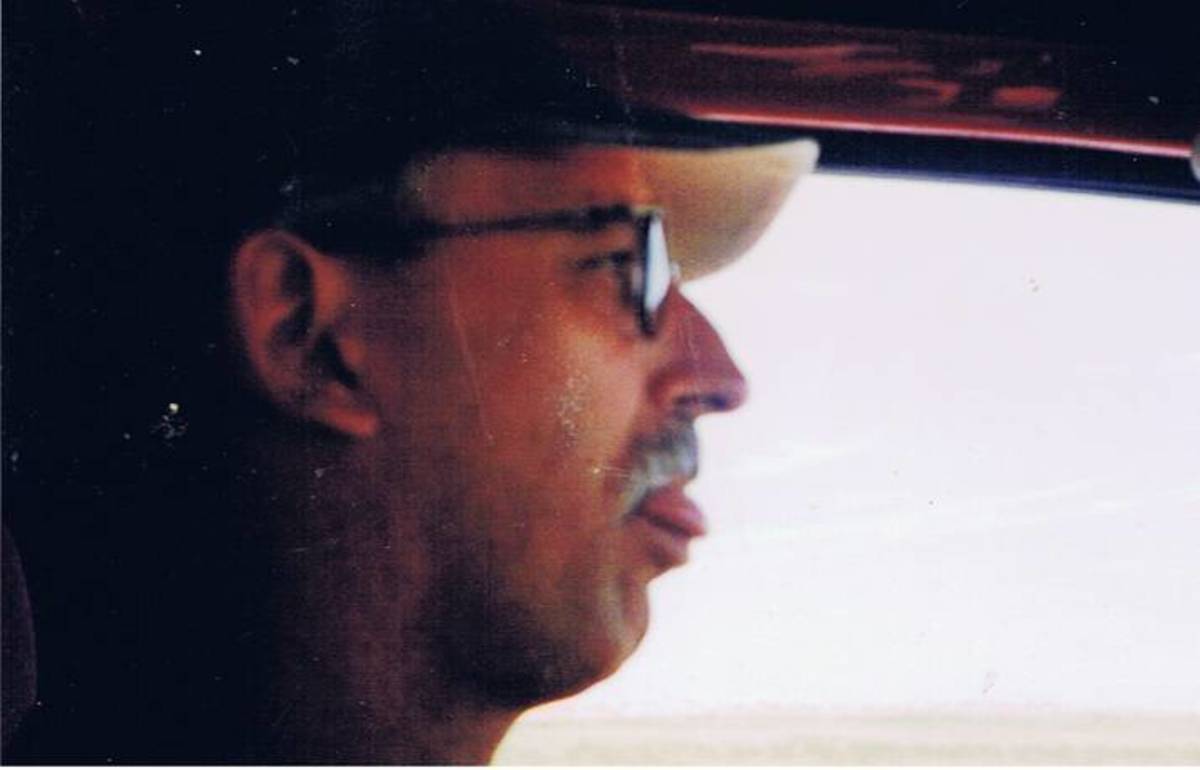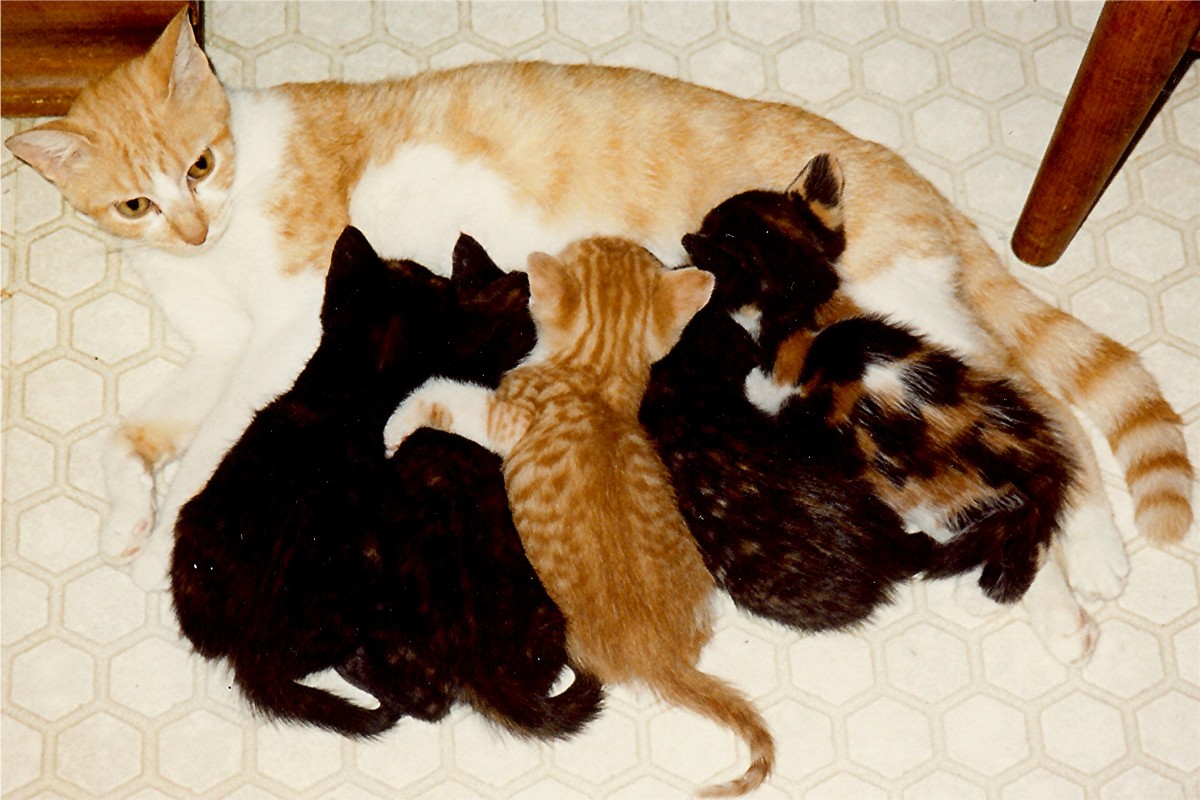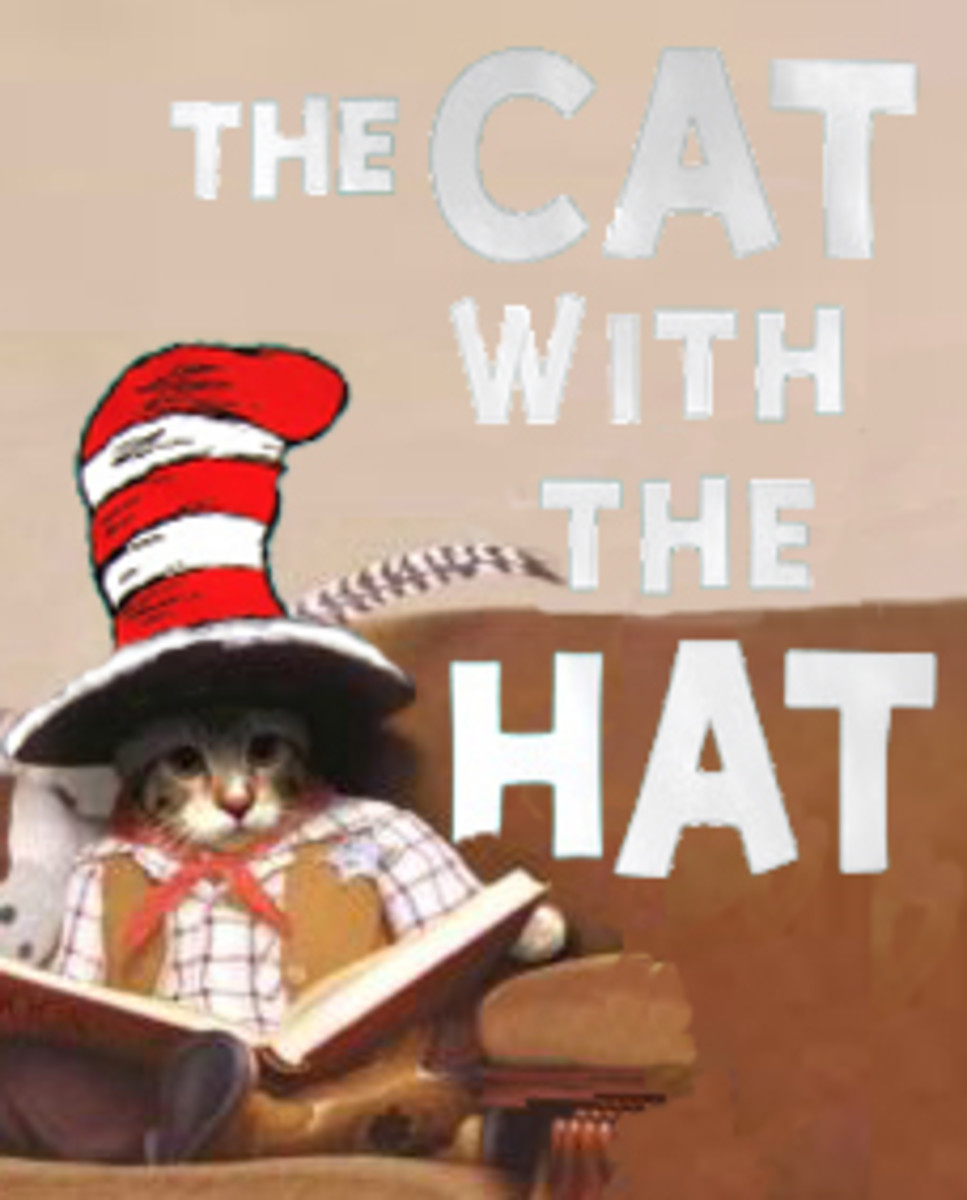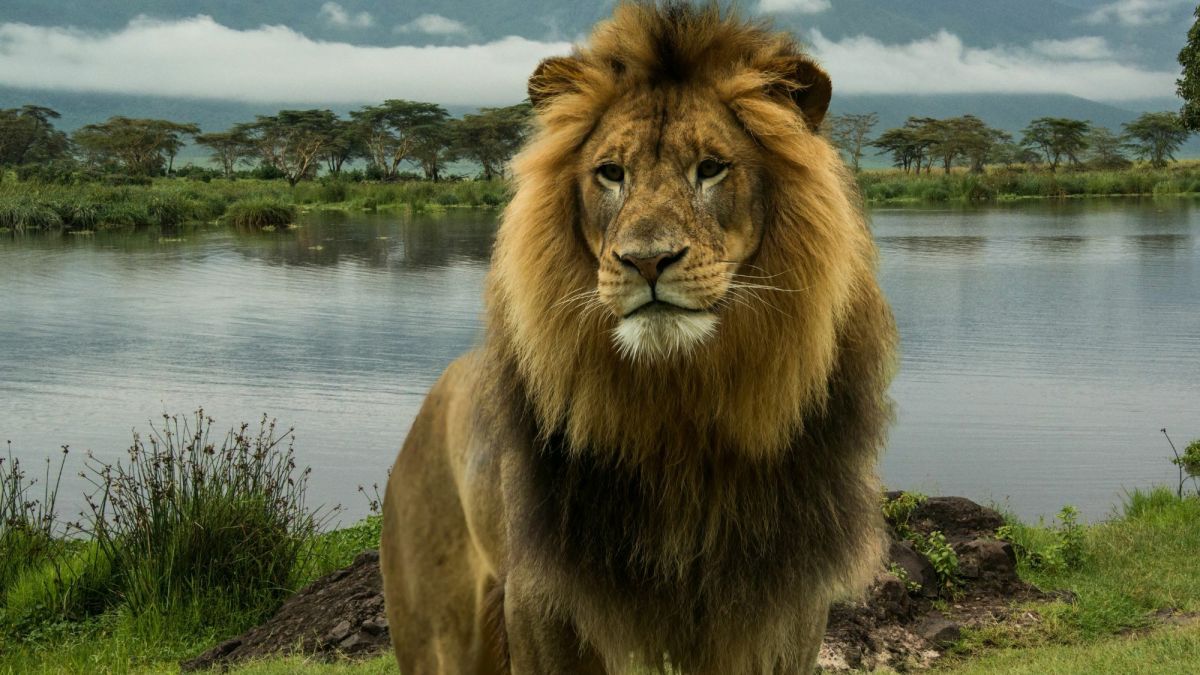"Curiosity Killed The Cat" - Where Does This Phrase Come From, And Who Said Curiosity Is A Bad Thing?
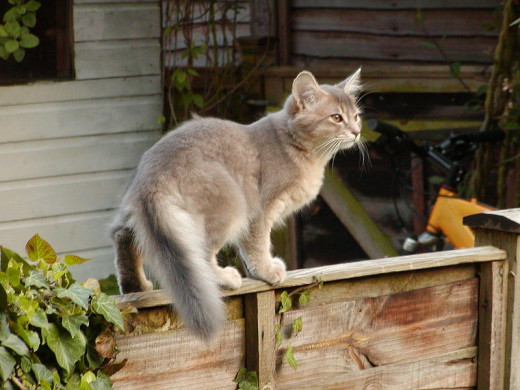
I Don't Even Like Cats, But I Don't Want Them To Die
The commonly used expression "Curiosity Killed The Cat" randomly entered my mind the other day, and it struck me: isn't this bad advice to live by? Shouldn't curiosity be encouraged? I mean, I don't want cats to start getting massacred, but it seems that modern science and progress absolutely need individuals who are curious about how the world works and courageous enough to take risks finding out truth through trial and error. When somebody says "Curiosity Killed The Cat" it seems to discourage being interested in one's surroundings and instead seems to encourage a passive acceptance of the way things are. The phrase doesn't specify excessive curiosity, which I would probably be okay with, because I agree that nothing in excess is a particularly good thing. No, it would seem that this phrase wants you to go about your day like a mindless robot, accepting everything as-is and never questioning or challenging anything.
It All Started WAY Before Garfield Or Felix
So, in my curiosity I looked into the phrase's origins. It turns out, it started out as a much different quotation, and it dates way back to the 16th century. But the expression originated as "Care Killed The Cat," the earliest known reference being from the 1598 Ben Johnson play Every Man In His Humour. It was also used in this form in Shakespeare's Much Ado About Nothing in 1599. In the context of this original phrase, the word "care" meant "worry" or "sorrow."
I could get on board with that. I mean, in its original form, the phrase is discouraging worry or sorrow and basically relaying the message that stress is a killer. Common knowledge tells us that stress, indeed, is bad for your health. And wallowing in sorrow is not a good thing either. Despondent people kill themselves all the time, unfortunately. I've never heard of a cat specifically being depressed or committing suicide, though. Maybe that's something else to investigate...
There is no certain answer as to how the expression morphed from "Care Killed The Cat" to being about curiosity. Of course, while I've gladly never owned a cat, I do know that they can be characteristically curious and literally poke their nose into seemingly everything. So linking curiosity and cats seems to make sense. But why and when was the transformation? In 1873, James Allan Mair lists "Curiosity Killed The Cat" as an Irish proverb in his book A Handbook of Proverbs: English, Scottish, Irish, American, Shakesperean, and Scriptural; and Family Mottoes. The phrase again appears as the only entry under "Curiosity" in Proverbs: Maxims and Phrases by John Hendricks Bechtel in 1902, and it also appears as a seemingly commonly-known phrase in O. Henry's 1909 short story Schools And Schools. It actually appeared as a newspaper headline in a 1916 Washington Post article about a cat, Blackie, that climbed up the chimney of a fifth-floor apartment and ultimately fell to his death, despite rescue attempts from the police, fire, health and building departments.
The expression in its modern variation is most widely attributed to Eugene O'Neill, however, as his 1920 play Diff'rent featured it as "Curiosity Killed A Cat!" as spoken by the Benny character:
- (with a wink) "Curiosity Killed A Cat! Ask Me No Questions And I'll Tell You No Lies."
Still Don't Like Cats, But The Original Phrase Is Not Too Shabby
So there you have it. I still don't like the modern version of the proverb. I think curiosity is key to learning more about our world and ourselves. Without it, I wouldn't have looked into this phrase and found out that it was completely different when it first started being used. Imagine what life would be like if we never tried new things, took risks, or experimented once in a while? Granted, some of the proverb's meaning will be derived from the context in which it is said; some people will use it to mean being overly curious or even nosy, which I agree is not a good thing. Most of the time.

